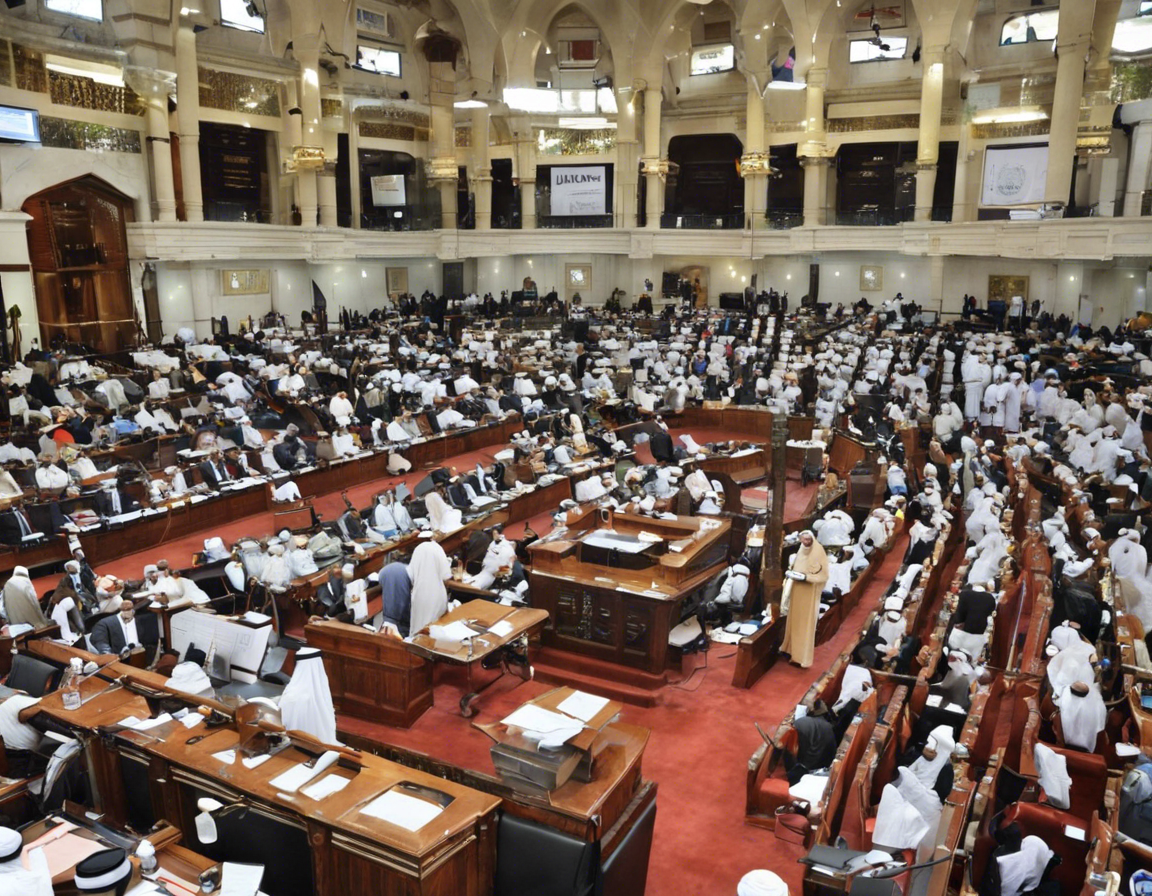Reforming Waqf: The Waqf Act Repeal Bill Explained

In recent times, the discussion surrounding the reform of waqf properties and the laws governing them has gained significant attention in many countries. One such move that has stirred debate is the introduction of the Waqf Act Repeal Bill. To better understand the implications of this bill and the broader context of waqf reform, let’s delve into its intricacies.
The Waqf Act and Its Significance
Waqf, an Islamic philanthropic institution, involves the permanent dedication of property for religious or charitable purposes. The management of waqf properties is governed by laws specific to each country. In India, for instance, the Wakf Act of 1995 regulates the administration and supervision of waqf properties. Over time, challenges like mismanagement, encroachment, and lack of transparency have plagued the sector, necessitating reforms.
The Waqf Act Repeal Bill: What It Entails
The proposed Waqf Act Repeal Bill aims to overhaul the existing legal framework governing waqf properties. By repealing the current legislation, policymakers aspire to address the shortcomings and modernize the regulatory mechanisms guiding waqf administration. The bill seeks to streamline the processes, enhance accountability, and promote the efficient utilization of waqf assets for the benefit of the community.
Key Provisions of the Bill
-
Establishment of a Regulatory Authority: The bill envisages the creation of a dedicated regulatory body to oversee waqf properties, ensuring compliance with rules and regulations.
-
Digitization of Records: Embracing technology, the bill proposes the digitization of waqf records to facilitate better management, prevent fraud, and maintain transparency.
-
Clearer Dispute Resolution Mechanisms: The bill may introduce mechanisms to expedite the resolution of disputes related to waqf properties, minimizing delays and legal complexities.
-
Enhanced Community Participation: Efforts to involve the local community in the decision-making processes concerning waqf properties could be a focal point of the bill.
Impact and Implications of the Reform
The reform of waqf laws can have far-reaching implications for various stakeholders:
-
Improved Governance: By fostering transparency and accountability, the reform can enhance the governance of waqf properties, reducing mismanagement and corruption.
-
Stimulated Socio-Economic Development: Efficient utilization of waqf assets can lead to the development of educational, healthcare, and other charitable institutions, benefiting the society at large.
-
Boost to Investor Confidence: Clearer regulations and streamlined processes may attract investments in waqf properties, unlocking their potential for sustainable growth.
-
Preservation of Heritage: Protecting waqf assets from encroachment and misuse can safeguard cultural and historical heritage for future generations.
FAQs on Waqf Reform
1. What is the significance of waqf properties in Islamic tradition?
Waqf properties hold immense religious and social value, serving as a means of fulfilling charitable and community needs in accordance with Islamic principles.
2. How do mismanagement and encroachment affect waqf properties?
Mismanagement can lead to underutilization of assets, hindering their intended socio-economic impact. Encroachment poses a threat to the preservation and rightful use of waqf properties.
3. Why is the digitization of waqf records crucial for reform?
Digitization enhances transparency, accountability, and accessibility of information, facilitating efficient management and preventing fraud in waqf administration.
4. How can community participation strengthen waqf governance?
Involving the local community in decision-making fosters a sense of ownership, ensures representation of stakeholders, and promotes sustainable development initiatives for the benefit of all.
5. What are the potential challenges in implementing waqf reform?
Challenges such as resistance to change, lack of resources for capacity building, and the need for effective coordination among stakeholders can impede the successful implementation of waqf reform initiatives.
In conclusion, the Waqf Act Repeal Bill symbolizes a step towards revitalizing waqf governance and unleashing the true potential of waqf properties for societal welfare. Embracing these reforms with a holistic approach can pave the way for a more transparent, efficient, and sustainable management of waqf assets, aligning them with the noble objectives of philanthropy and community service.






